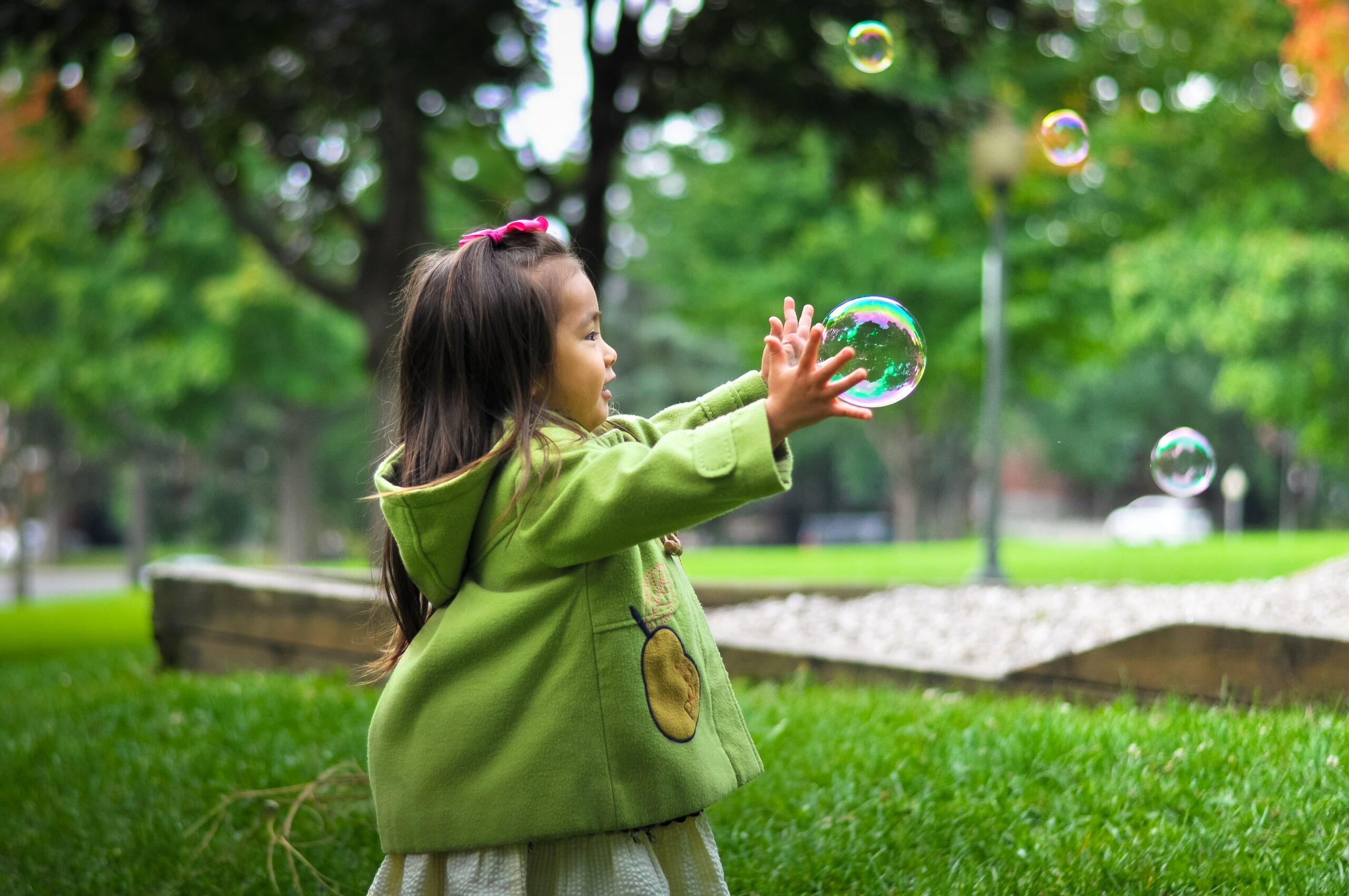Value of Play
Value of Play
Young children learn and develop ideas about the world through play. It helps them build the techniques necessary for critical thinking, problem-solving, and the ability to learn. Children gain the most from play when they have skilled teachers who can use their interests and activities to guide learning. When children participate in activities they have chosen, learning is more enjoyable.
Researchers are finding more and more connections between children’s play and the learning and development that helps them succeed in school. Studies also show that children’s attitudes of curiosity, persistence, motivation, and competence are key to school success.

When children play:
- They test their developing ideas with objects, people and situations – the key ability for academic learning.
- They develop many kinds of skills together – physical, social, emotional, thinking, and language.
- They are doing things they are interested in, so they have a natural motivation to learn.
Through pretend play:
- Children learn to use their imaginations to represent objects, people and ideas.
- Children develop their skills in using language and telling and understanding stories, which are the building blocks of reading and writing.
When children play with various materials, they develop skills in logic. They experiment with cause and effect, with counting and sorting things, and with putting them in order. This practice of experimenting, observing, comparing, and working with shapes, sizes, and quantities forms the basis for understanding math and science for higher-order thinking. As children share materials and play together, they learn to cooperate, listen to others, stand up for their own ideas, negotiate, and empathize.
